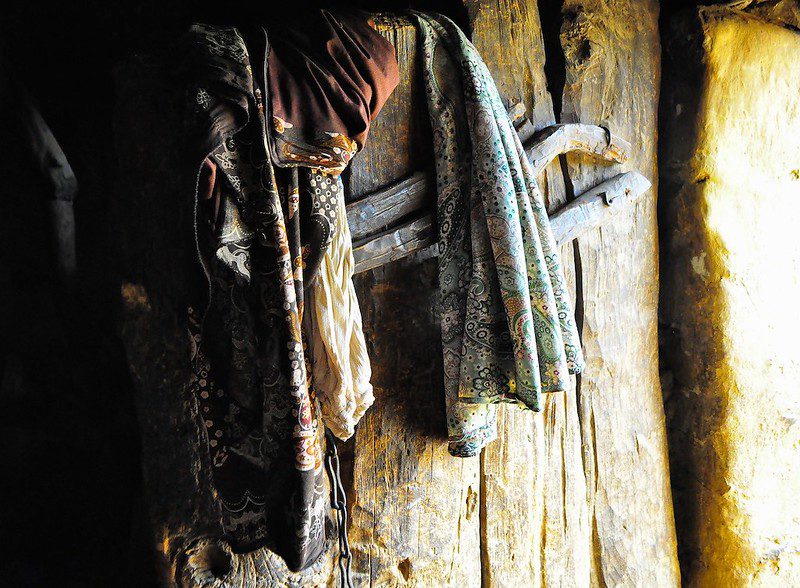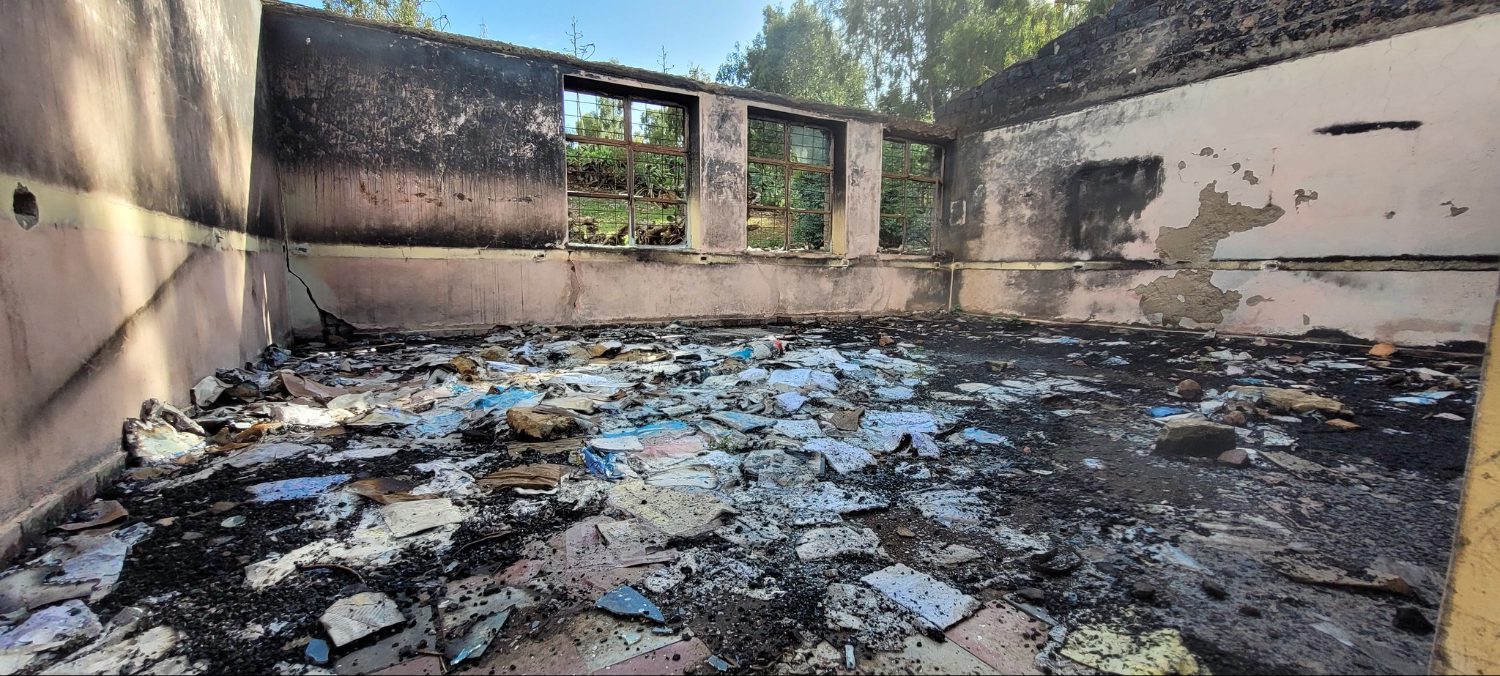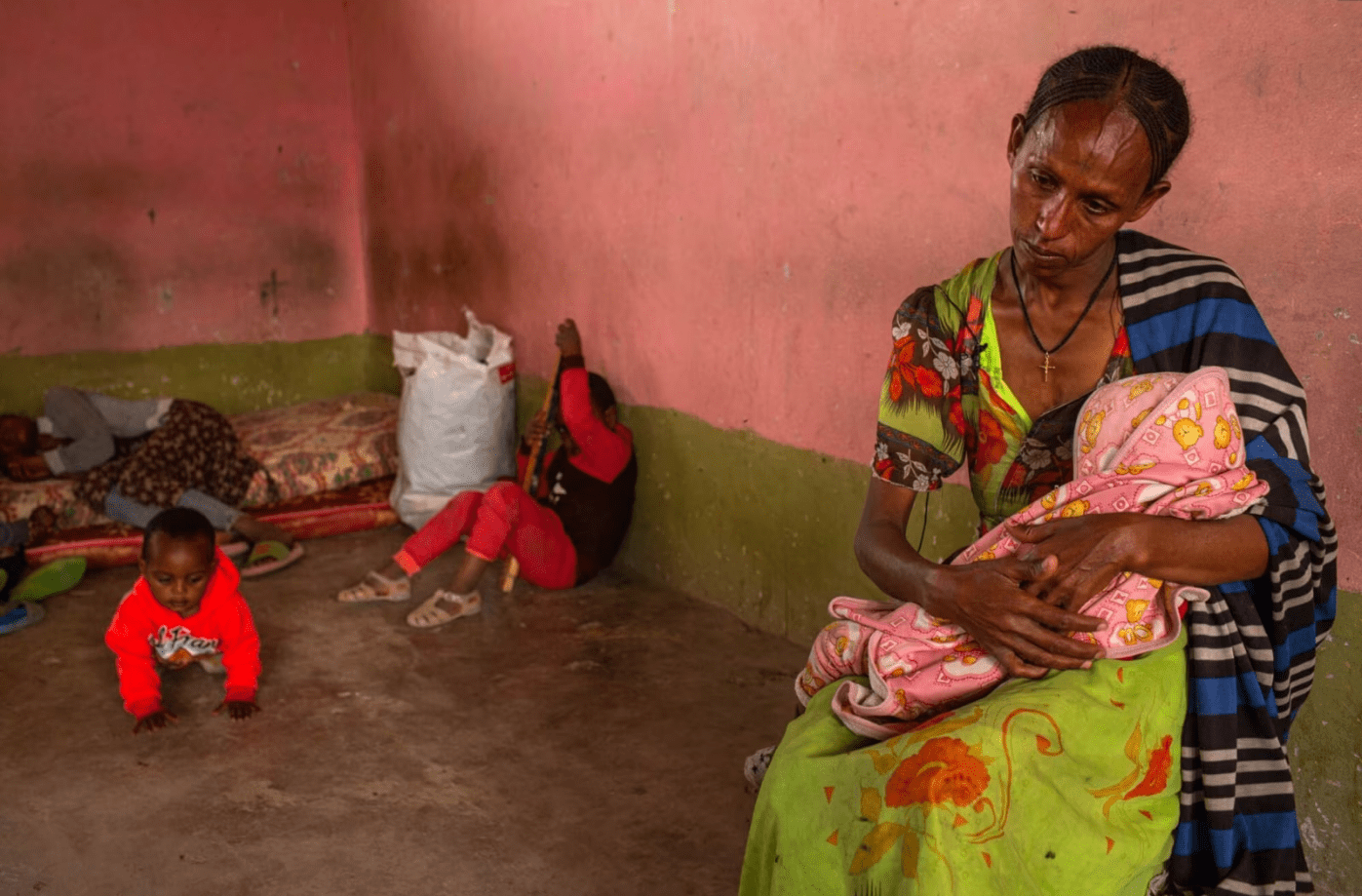“Your Womb is Our Enemy!” by Muauz Gidey Alemu and Mulugeta Gebrehiwot Berhe documents the scale, nature, and intentions of the sexual violence perpetrated on Tigrayan women, girls, men and boys during the war of 2020-22. It concludes that the nature of the crimes went beyond the use of sexual violence as an instrument of war and amount to an act of genocide. The article assesses the crimes committed in the light of the UN Convention on Genocide and Article 6(d) of the Rome Statute of the ICC, that elaborates reproductive violence as an act of genocide. It compares the crimes in Tigray with those committed in other cases. The study report showcases the extreme cruelty, dehumanization and intent to sterilize and inflict maximum damage from stories of victims and witnesses. It concludes the nature of the crime was genocidal.
The impact of atrocity crimes in Tigray was devastating, with over a million citizens killed directly or as collateral damage, 2.2 million internally displaced, 200,000 dying from starvation and treatable diseases, and a reported and unreported number of raped individuals possibly exceeding half a million. Additionally, hundreds of thousands were wounded, and the economy, society, and infrastructure were severely damaged. Independent studies made by institutions, for example, the study of the New Line Institute, conclude the totality of these crimes provide reasonable evidence to support the claim that genocide was perpetrated in Tigray.
The focus of the study is limited to crimes related to sexual violence but also addresses the wider question of genocide. The crucial element in the definition of genocide in the 1948 Convention is the question of specific genocidal intent. “However, the scale of harm is also significant in establishing the gravity of the crime. The Rome Statute of the ICC elaborates on the actions that qualify as genocidal. Its Article 6(d) criminalizes reproductive violence as an act of genocide. The context, perpetrators, and process are also essential dimensions in establishing genocidal intent and assessing the impact of rape.
Data for the study includes surveys, testimonies of survivors, investigative reports from international human rights advocacy groups and media outlets. Data used for the study was collected in three phases. The first phase of the data collection (November 2020 up to June 2021) was done when most of Tigray was under the control of the federal government. The research was conducted with funds provided by the Interim Regional Administration formed at the time and included survey data from 4,000 households, interviews with key informants, and focus group discussions. The second phase of data collection took place after the regional capital was captured by the Tigray Defense Force (June to December 2021), allowing access to previously inaccessible areas. The third phase of data collection occurred during the period of siege, blockade, and continuing war (December 2021 up to the signing of the Pretoria Agreement in November 2022). The study also included secondary data reports from government and non-governmental sources, as well as media reports, statements, social media posts from various leaders, activists, and organizations, all of which are used to support the testimonies of victims.
The article is available here.



